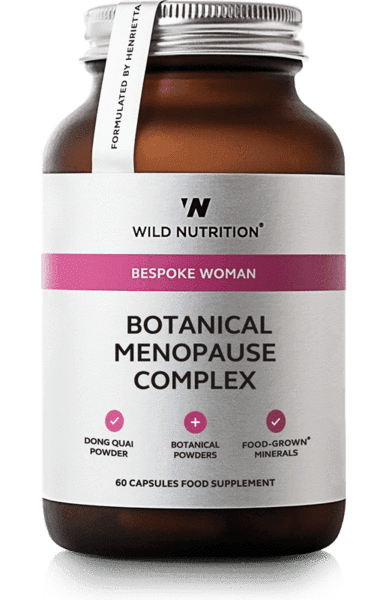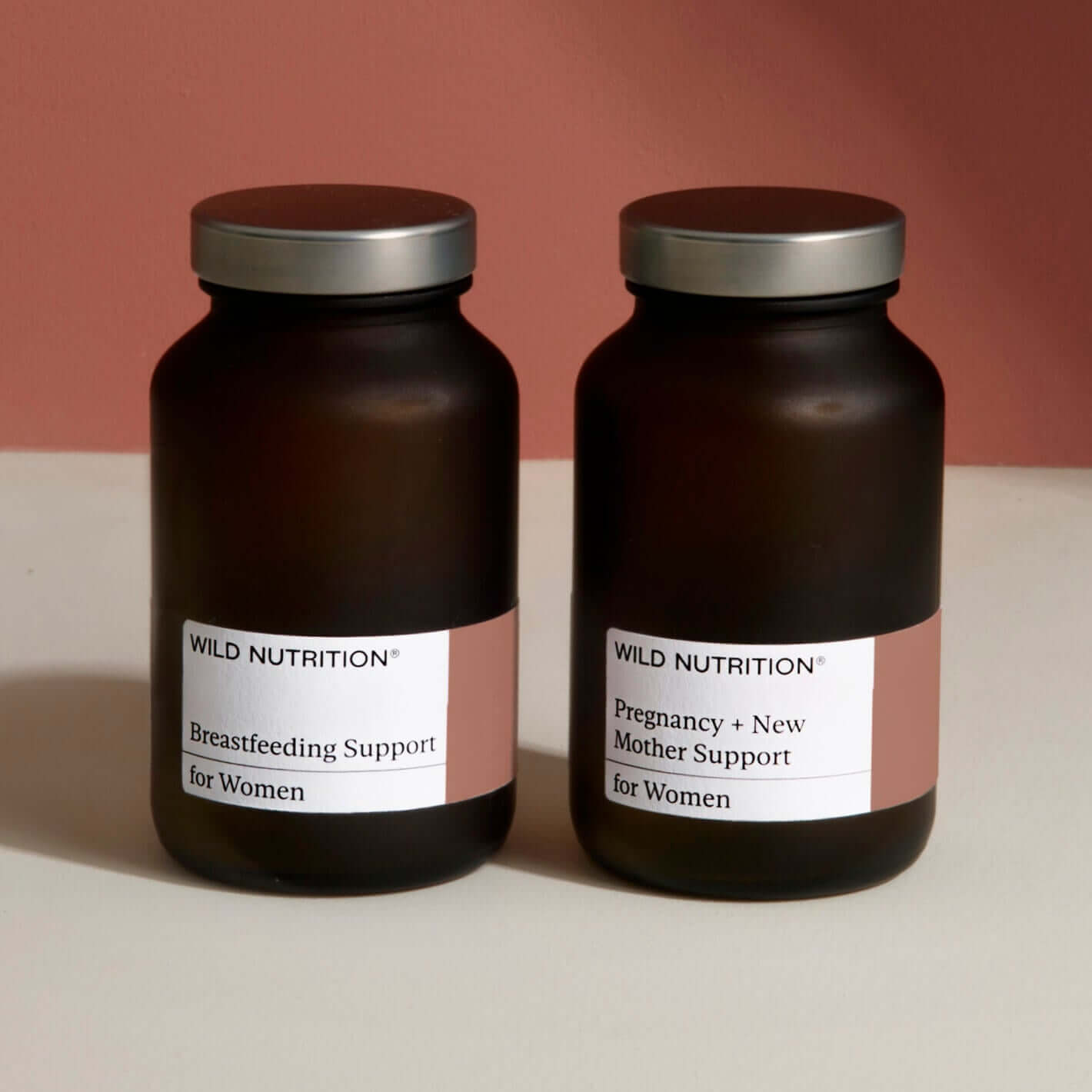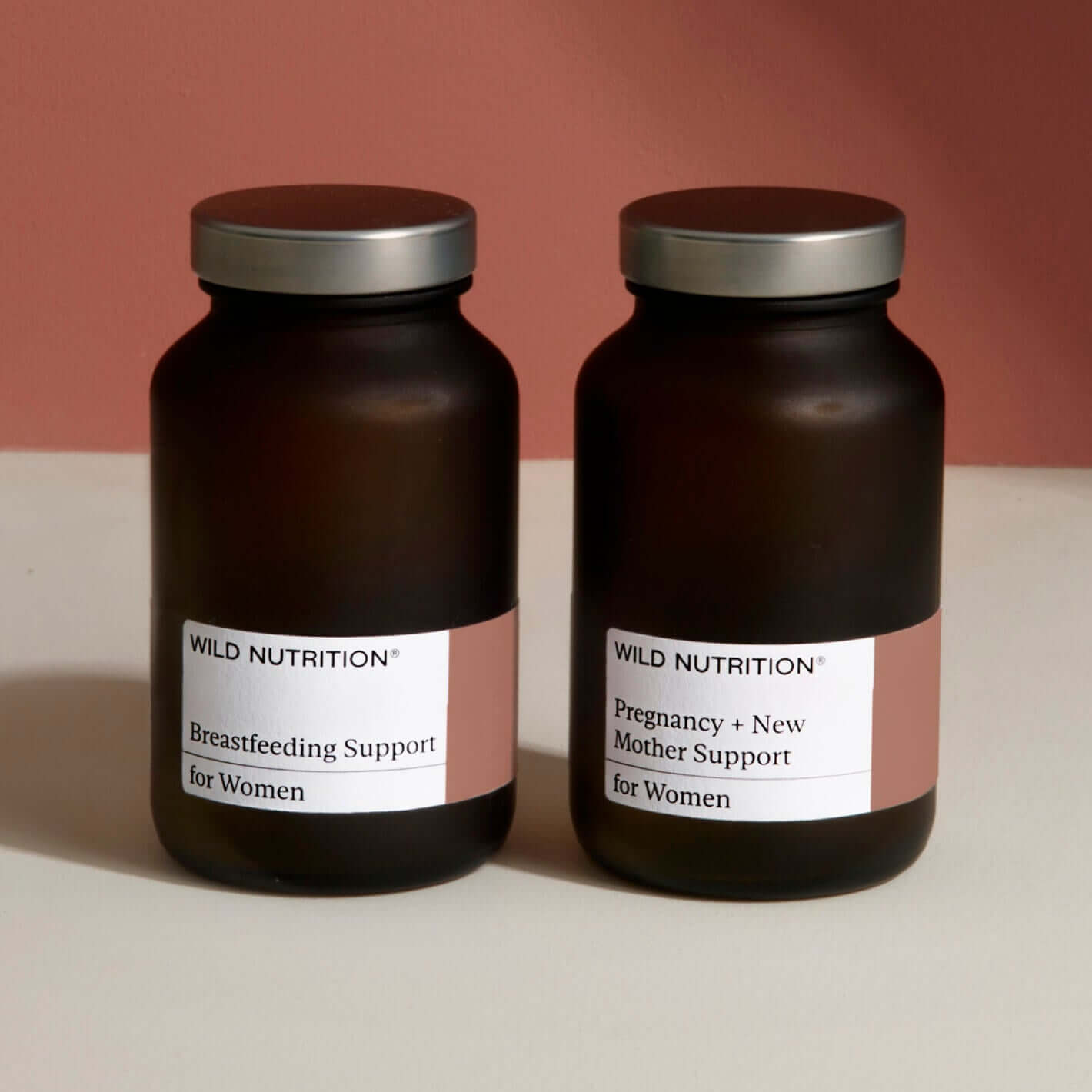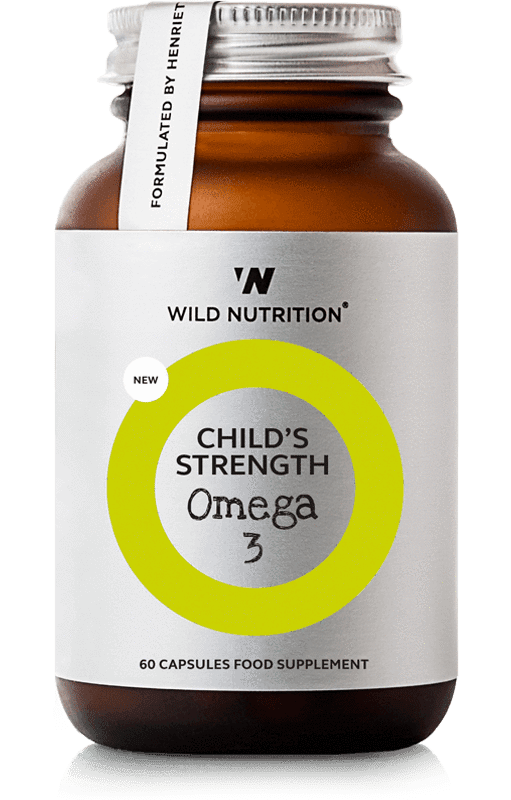
What is endometriosis?
Approximately 10% of all premenopausal women within the UK have been diagnosed with endometriosis, a complex disorder of the female reproductive tract, and many more who remain undiagnosed (the average length of time for diagnosis is 7.5 years).
The daily lives of these women can be deeply affected by this condition, influencing not just their monthly cycle, but their entire being; from the immune system’s ability to control inflammation and infection to the efficiency with which the body can produce and use energy, eventually impacting their spirit and confidence as women. I know this as both a professional working with women experiencing the crippling effects of endometriosis and a previous sufferer of endometriosis myself.
What is endometriosis?
Endometriosis is a complex disorder of the female reproductive tract whereby cells, similar to those found in the lining of the womb, are found elsewhere in the body. During the female monthly cycle the fluctuation in hormones stimulates these cells to grow, then break down and bleed as they would in the lining of the womb leading to inflammation, pain, and the formation of scar tissue.
Symptoms of endometriosis include:
- Painful, heavy or irregular periods
- Pain during or after sex
- Painful bowel movements
- Pain on ovulation
- Fatigue and low mood
Endometriosis symptoms can vary in intensity for each woman and the ‘severity’ of the endometriosis does not necessarily correspond to the amount of pain experienced. Some women may not experience any symptoms at all or mild symptoms that appear to be ‘normal’ menstrual pain.
The approach of Natural Medicine
I and the many women I have seen over the years stand testament to the restorative power that diet and natural supplements can bring to either recovery or daily management of endometriosis. Indeed research published in Fertility & Sterility demonstrated that nutritional therapy through diet and supplements was more effective at obtaining relief of pain and improving quality of life, than medical hormonal treatment post-surgery.
Five important dietary and lifestyle changes to help manage your endometriosis.
Eat Colour: Research shows women who ate green vegetables 13 times or more per week (roughly twice a day) were 70% less likely to have endometriosis. A study published earlier this year concluded that Carotenoid rich foods (especially citrus fruit) also positively affected symptoms of endometriosis. Use smoothies, juicing or soups to deeply to nourish.
Befriend your gut: Beneficial gut bacteria can reduce the production of beta-glucuronidase, an enzyme that remakes oestrogen in the gut and can contribute to its dominance. Incorporate natural, organic yoghurt into your daily diet either on its own or use it to make dressings and sauces. Fermented foods such as sauerkraut or Kefir are excellent sources of beneficial bacteria too or take a probiotic supplement (min. 10 billion CFU).
Fats are essential: Essential fats found in nuts, seeds and oily fish can reduce inflammation associated with endometriosis. Use of essential fatty acids are blocked by processed oils and margarines, as well as white flour, sugar, excessive animal and monounsaturated fats, alcohol, poor nutrition and stress. Keeping these to a minimum is vital to reduce inflammation.
Consider gluten: More recently, research that has categorized endometriosis as an auto-immune condition, has documented an improved response in those following a with a gluten-free diet; 75% of participants found a significant decrease in symptoms when following a gluten free diet over 12 months.
Be conscious of what you put in and on your body: Bleached tampons and sanitary towels are a controversial area in the endometriosis debate. Tampons use bleached paper products that contain dioxins , proven to have an adverse effect on the hormonal system . Chemicals, such as paraben’s and phthalate’s, found in your toiletries and cosmetics have also been linked with development of endometriosis. You can find more information from the Women’s Environmental Network - www.wen.org.uk
Managing your endometriosis with supplements:Optimum, therapeutic levels of nutrients are key in taking control of your endometriosis. Unfortunately today’s environment means that our food is commonly grown in exhausted soil, intensively farmed, picked before ripe and has travelled many miles from source before reaching our plates. Research has shown that, as a result, much of our food is lacking in vital trace minerals and vitamins. With pre-existing conditions the body may need more than a gentle helping hand. If your health problem has been underlying for some time, as is commonly the case with endometriosis, the body’s natural healing processes can become worn down and less able to manage your condition on their own. It is at this point that your body will begin to show visible signs that it is not faring well. With endometriosis the body needs the extra support that supplements can give. Research shows that taking the right nutrients in food supplements can reduce the symptoms of endometriosis significantly (98 per cent of the women in one study experienced improvements).
Endo complex is a reflection of the latest research on nutritional therapy as part of a multi- disciplinary approach to the management of endometriosis. Using natural forms of nutrients that are efficiently absorbed and used by the body in combination with organic herbs, this curated formulation addresses the complexity of the condition affecting the immune system, digestive system and hormonal stability. Key ingredients include:
- Indole-3-carbinol (I3C) is a compound found in high concentrations in the Brassica family of vegetables such as broccoli, cauliflower, brussel sprouts and cabbage. This natural but powerful compound supports liver detoxification and the elimination of oestrogen metabolites.
- Methionine supports the detoxification process of the liver, especially in the breakdown of excess oestrogen. This is especially important for women with MTHFR and endometriosis.
- Vitamin B6 is key in any holistic approach to endometriosis. Choline and B12 are lipotropic factors that hasten the removal or decrease the deposition of fat and bile in the liver therefore helping liver function and the removal of toxins. B6 is vital in the breakdown and regulation of oestrogen as well as significantly reducing the intensity and duration of period pains. The B vitamin family is also vital in the conversion of the important fatty acid GLA. GLA supports the production of anti-inflammatory mediators that can reduce the pain-associated inflammation in endometriosis and relax the muscles.
- Magnesium known as nature’s tranquiliser, acts as a muscle relaxant and has been shown to have a beneficial effect on painful periods and lower back pain.
Marziali M et al (2012) Gluten-free diet: a new strategy for management of painful endometriosis related symptoms? Minerva Chirurgica. 2012 Dec; 67(6):499-504. U.S EPA, (1985) Health Assessment document for polychlorinated dibenzo-p-dioxins. Office of Health and Environmental Assessment. EPA/600-8-84/01 4f DeVito MJ and Schecter A. (2002) Exposure assessment to dioxins from the use of tampons and diapers. Environmental Health Perspectives. 110:23-28 Nassar S. (2003) Tampon Safety. National Centre for Policy Research (CPR) for women and Families.
Vitamin E: levels were found to be significantly lower in endometriosis sufferers according to recent research. This could be the result of an increased oxidation process that occurs naturally in cases of inflammation.
Omega 3: essential fatty acids are essential for healthy hormonal function and keeping inflammation in check. They are needed by every cell in the body. In a study conducted on women following a diet low in caffeine, sugar and dairy and supplementing their diet with fish oils the results demonstrated a significant reduction in pain in the pelvic area associated with endometriosis.31 Oily fish is a great source of omega 3 but dietary intakes of these fats from food sources have declined in the past decade and consumption is now too low to meet recommendations for long-chain omega-3 fatty acids.32 On top of this there is concern over the heavy metals and other toxins found in the seas in which they are fished as well as the sustainability of certain fish species. I have sourced the purist and most sustainable source of fish oils on the market for my Wild Nutrition range using MSC certified Alaskan Pollock that provides the recommended 1200mg of EPA and DHA. If you are vegetarian I would recommend 1000mg of linseed (flaxseed) oil. Linseeds also contain lignans, which block oestrogen receptors in the cell and reduce the symptoms of oestrogen dominance in conditions like endometriosis.
Probiotics: A wealth of research is now available, linking the bacteria in the gut and the digestive environment (otherwise known as the microbiome) to the health of the immune system and inflammatory diseases. Probiotic bacteria can help to create a healthy intestinal environment, boosting immunity and promoting optimum digestion. Select a probiotic formula that contains a blend of at least 8 strains to better reflect the diversity of the gut and without the addition of FOS such as the Wild Nutrition Multi Strain Biotic. Each dose should provide at least 10 billion colony-forming units (CFUs) per dose.
Herbal medicine for endometriosis
Evidence is accumulating to suggest that medicinal botanicals have anti-inflammatory and pain-alleviating properties and hold promise for the treatment of endometriosis. Herbs and nutrition have a wonderfully synergistic relationship. Taking herbs alongside a nurturing lifestyle can work both to support the diet in normalising hormone levels as well as being excellent for helping you to cope with the worst symptoms. They also have a wonderful complementary effect alongside food supplements and are perfectly safe to take at the correct dosage and in combination. Clinical evidence has shown that herbal medicine has a regulatory effect on the circulatory, immune and hormonal systems.
For pain management
- Turmeric (Curcuma longa) The active ingredient in this wonderful spice is showing great promise in treating endometriosis due to its potent ability to reduce inflammation as well as its use as an antioxidant for repairing damage from endometrial adhesions and scar tissue. Turmeric supplements are often reduced to the “curcuminoid” fraction of the herb but actually the turmeric root has other very potent fractions that benefit the immune system too. Tumerosaccharides and turmerone volatile oils can be very effective anti-inflammatories. Indeed the turmerone volatile oils found in Wild Nutrition Full Spectrum TurmaForte® have been shown to reduce symptoms of inflammation by 86% over 21 days of use. The recommended dose is 400–600mg of turmeric powder two-three times per day. Use as much as you can in your cooking too.
- Dong quai (Angelica sinensis) is used for heavy and painful periods and anaemia. It is given to invigorate the blood flow so may work to ‘move’ stagnant blood according to Traditional Chinese Medicine. It has been shown to engage with oestrogen receptors thereby reducing the amount of oestrogen used by the body when there is excess.
For supporting emotional and mental well-being
- Ashwagandha (withania somnifera) is a favoured herb of mine for women’s health. It is used in traditional ayurvedic practices for increasing energy, stamina, strength and mental capacity, and to help the body adapt to and resist physical, chemical and environmental stress. It is also used for improving female sexual function, symptoms of stress and anxiety and normalising thyroid function. strengthening the nervous system and enhancing immunity. Perhaps the most researched and available form of ashwagandha is called organic KSM-66® Ashwagandha and the source that we use at Wild Nutrition. In those who were experiencing stress symptoms such as insomnia, depression and anxiety,
- KSM-66® Ashwagandha reduced symptoms by up to 79.3% within 8 weeks of use. It has also been shown improve female sexual function including arousal, lubrication and orgasm by 62.4%, 59.4% and 82.4% respectively. In patients experiencing imbalances in thyroid function, taking KSM-66® Ashwagandha normalised function in most patients over 8 weeks. The recommended dosage is 500mg twice daily.
The best piece of advice that I can give you is to make a concerted effort to stick to your supplement programme every day, this will give you the optimum benefit. Sit them in front of you on your desk at work or in a visible place at home – but out of the light and not above room temperature to avoid them being damaged. I put mine next to the sink taps so I cannot avoid seeing them.









